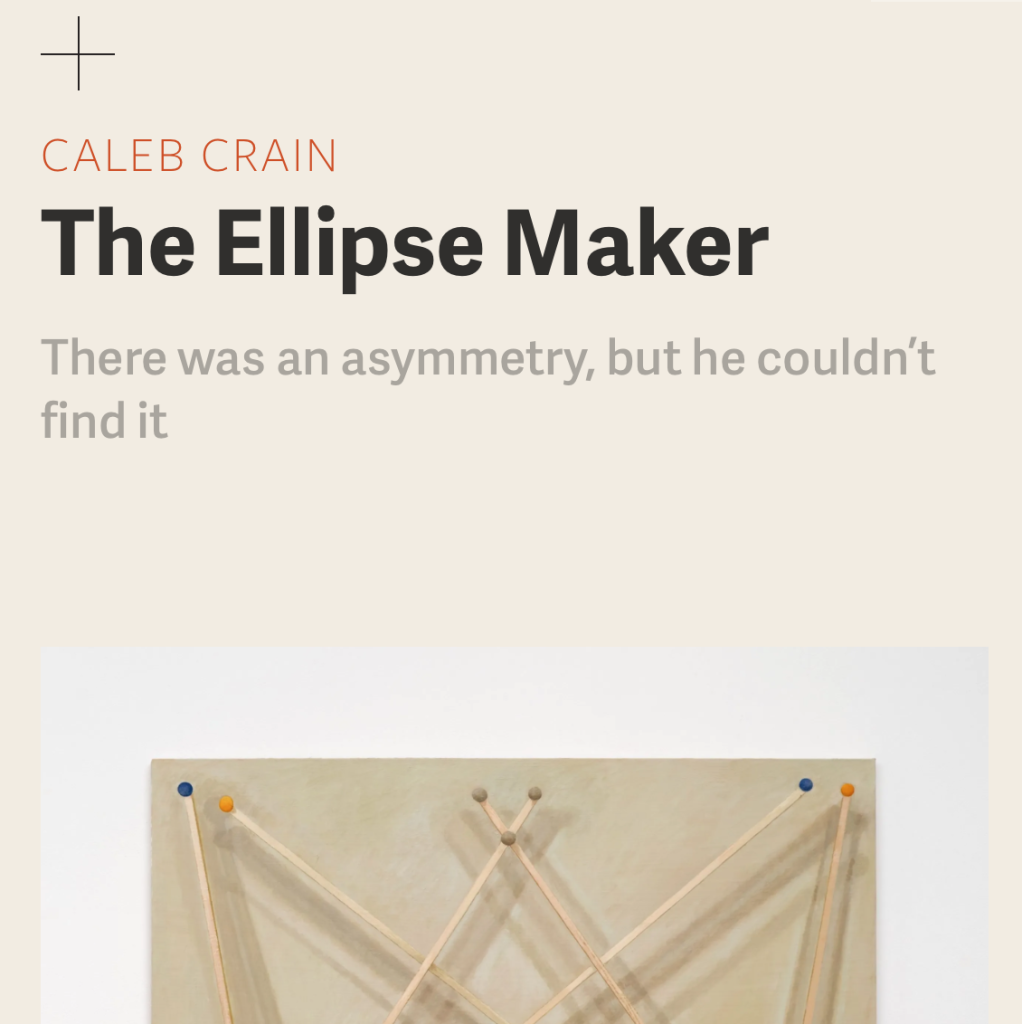A couple of birds and a few commonplace entries . . .
“My Aunt Maria asked me to read the life of Dr. Chalmers, which however I did not promise to do. Yesterday, Sunday, she was heard through the partition shouting to my Aunt Jane, who is deaf, ‘Think of it! He stood half an hour to-day to hear the frogs croak, and he wouldn’t read the life of Chalmers.’ ” —Henry D. Thoreau, journal, 28 March 1853
“I simply could not have endured the touch of their stupid, kind, sympathetic fingers on my private soul.” —Gwen Raverat, Period Piece
“And there is a great difference whether the tortoise gathers himself within his shell hurt or unhurt.” —Francis Bacon to Essex, March 1599, quoted in R. Waldo Emerson, journal, May 1822
“Marriage is not only time; it is also, paradoxically, the denial of time.” —Joan Didion, The Year of Magical Thinking
“One hour of a scholar lying on his bed but meditating on his knowledge is more valuable than the worship of a devout person for seventy years.” —Ahmad Baba, quoted in Andrew Hui, The Study
“We have lived enough for others; let us live at least this remaining bit of life for ourselves.” —Montaigne, “Of Solitude”
“They [entities, possibly from outer space, conjured by a mushroom trip] told me to trust myself. ‘Observe and report,’ they kept repeating, and all would be good; it was my mission in life.” —Emily Witt, Health and Safety
“History will continually grow less interesting as the world grows better.” —Emerson, journal, January–February 1823 (age 19, so don’t be too hard on him)
“Brougham’s review is not in good taste; he should have put on an air of serious concern, not raillery and ridicule; things are too serious for that. But it is very able. It is long yet vigorous like the penis of a jackass.” —Sydney Smith to Francis Jeffrey, 26 December 1809, quoted in James Schuyler to Harry Mathews, 28 February 1971
“—in reading it I felt [ms. torn] the [ms. torn] of that Species, not inclin’d to part [ms. torn]” —Sydney Smith to Henry Brougham, December 1809, commenting on the same review and extending the metaphor





